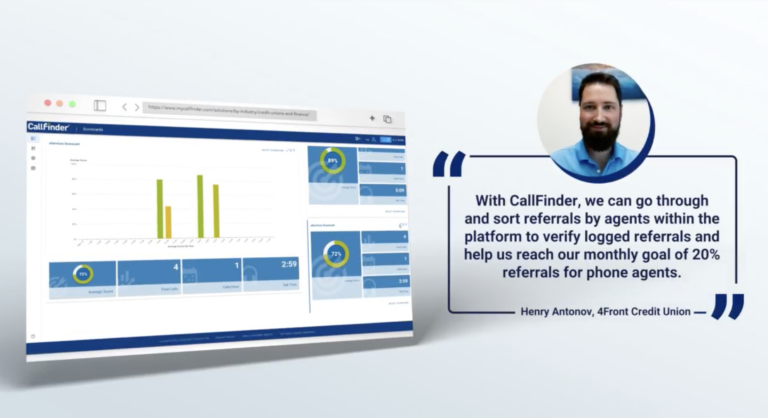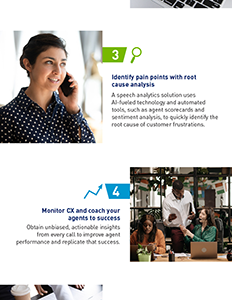Customer experience is the subjective perception, or opinion, that someone has based on any direct or indirect contact with a company. This can include the service they receive over the phone, if shipments arrive in time, the packaging that the item comes in, features, the advertising to support the company and their services, and more.
Customer touch points within a company, so the areas that have an impact on the customer experience, are limitless; sales, customer service, marketing, public relations, human resources, to name a few.
The outcome here is that every employee within any department of a company has an impact on the customer experience. This means that companies need to pay close attention to their own internal satisfaction levels – after all – happy employees are brand ambassadors and will sing the praises of the people they work for. With access to digital communication vehicles practically impossible to avoid for anyone these days (other than babies), a disgruntled employee can affect the credibility of a brand within seconds of posting a bad review, leaking proprietary information, etc.
To keep employees happy, you have to know what makes them happy. So the first step is to empower them, and ask for their feedback. Empowering your employees gives them control over their own fate, and will ultimately help you weed out the star performers from the ones that are there to collect a paycheck.
Make sure your company is providing top-notch on-boarding sessions in training and coaching employees, and giving them what they need to do their jobs. Over time, you’ll establish a trust and be able to give the top performers a longer leash to explore what they can offer your customers in the means of keeping them happy and coming back for future purchases and service add-ons.
To monitor your employees in order to gauge their performance levels, and in order to discover what your training programs need to focus on, and to ferret out the ones can take on more, you can monitor their conversations with your customers by using call recording technology, coupled with and audio mining solution. This technology will scan recorded calls for key phrases that may be good indications of good calls vs. bad calls, on-script calls vs. off-script calls. Then, calls are automatically categorized for easy identification, which indicates what department they should go to, which employee needs retraining.
If you’re not familiar with speech analytics, you should take a quick demo of CallFinder to discover the wealth of business intelligence that is contained within every single phone call your employees are having with your customers. It’s an amazing way to gain insight into the customer experience.





